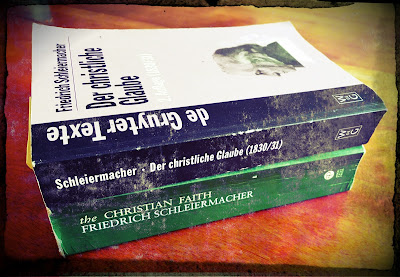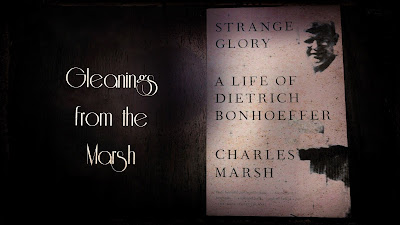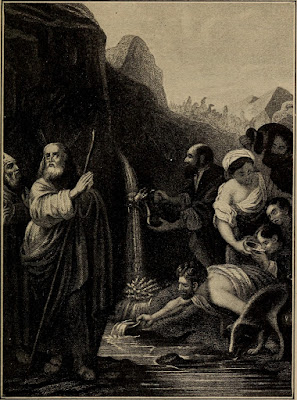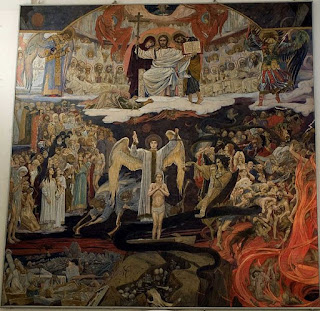Francis Turretin’s Ecclesiology, 18.17: The Primacy of Peter
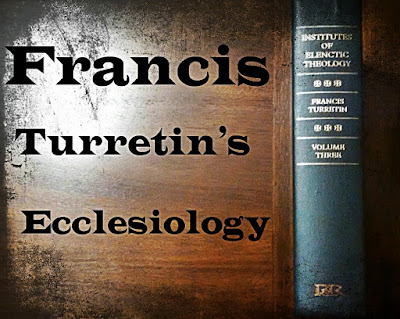
Seventeenth Question: Was Peter an ecumenical pontiff and the head of the church and the vicar of Christ? We deny against the Romanists. I mentioned previously that question 16 was indirectly about papal primacy , but with question 17 we embark upon a series of questions that address that issue directly. As you no doubt gleaned from what you’ve learned about Turretin thus far, as well as from his posing of the question above, things are unlikely to go well for il Papa . To begin, however, Turretin characteristically wants us to be entirely clear about what he is and is not arguing. For starters, you will have noted that the question is posed with reference to Peter. The logic is that if Peter is unable to claim primacy then the Pope, as the apostolic successor of Peter, is similarly unable. To be clear, Turretin is not arguing that Peter has no sort of primary whatsoever. He seems willing enough to grant Peter a certain sort, or certain sorts, of primacy. He clarifies that “the qu...


